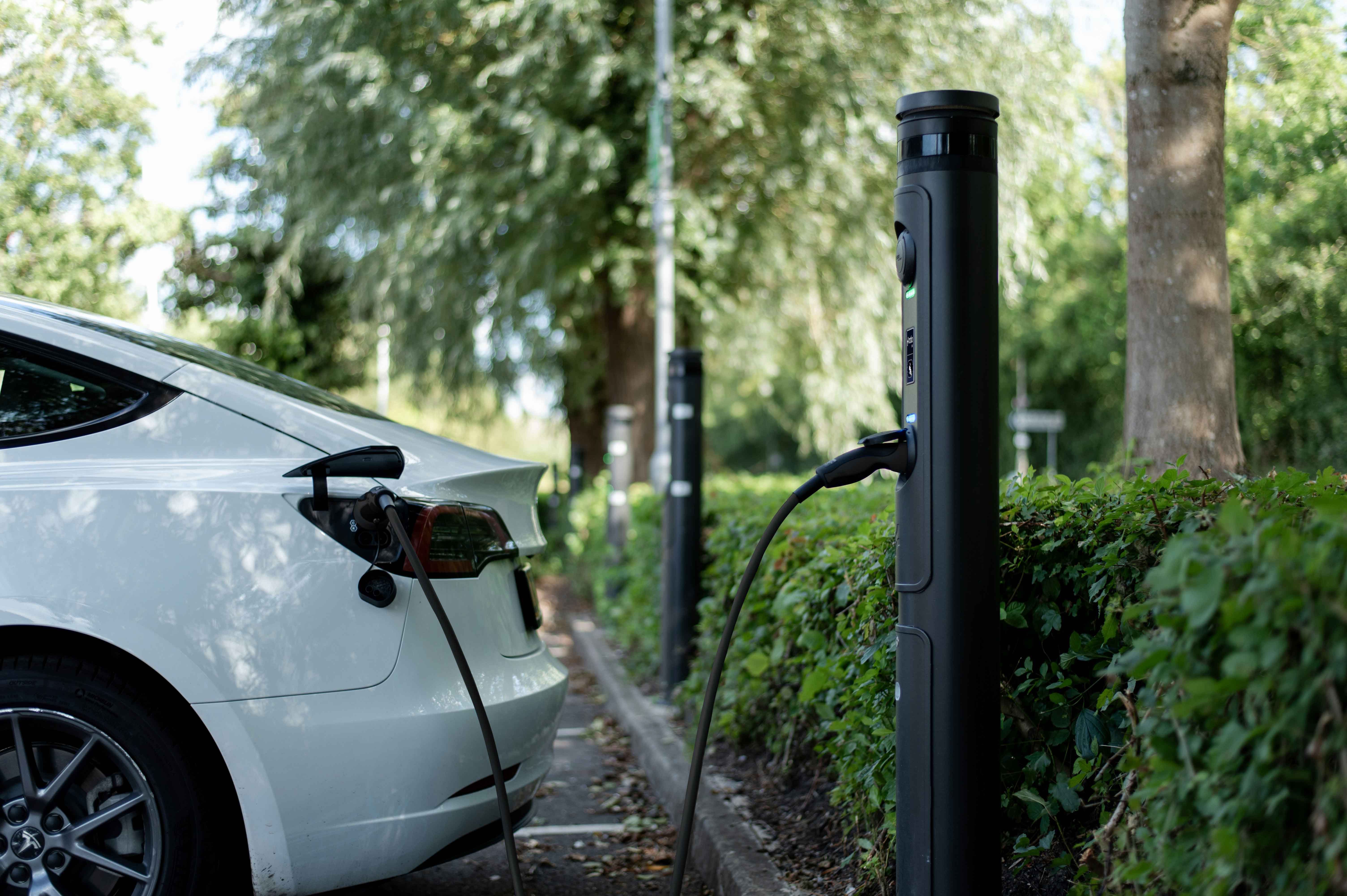UMD Researchers Develop Self-Adaptive Electrolyte for Fast Charging High-Energy Batteries
A research team led by Professor Chunsheng Wang in the Department of Chemical and Biomolecular Engineering at the University of Maryland has made a breakthrough in battery technology. In a study published in the journal Nature Energy, the team introduced a new class of self-adaptive electrolytes that dynamically expand their electrochemical stability during charging—an innovation that may help solve one of the most persistent challenges in fast-charging batteries. Fast charging is essential for electric vehicles, aviation, and portable electronics, yet remains technically difficult. As batteries are charged rapidly, their internal voltages spike, often exceeding the safe operating limits of traditional electrolytes. This leads to unwanted side reactions and battery degradation. To address this, Wang and colleagues developed a self-adaptive electrolyte that starts as a single-phase solution but separates during charging to form a local protective environment around each electrode. The reduction-resistant components concentrate at the anode, while oxidation-resistant solvents enrich the cathode side. This spatial redistribution increases the effective stability window in real-time, allowing batteries to withstand the high voltage and current of fast charging. In both aqueous zinc and non-aqueous lithium-metal battery systems, this electrolyte demonstrated strong performance: high Coulombic efficiency, suppression of unwanted side reactions, and extended cycling life—even under aggressive conditions. “This research moves beyond static design toward dynamic functionality,” said Chang-Xin Zhao, postdoctoral researcher and first author of the study. “By using electrolyte phase behavior to adaptively respond to charging conditions, we’re opening a new direction for next-generation battery materials.” The innovation holds promise for a broad range of applications, from fast-charging EVs to grid-scale energy storage—and may help accelerate the global transition toward clean, high-performance electrification.
July 21, 2025 Prev Next |


